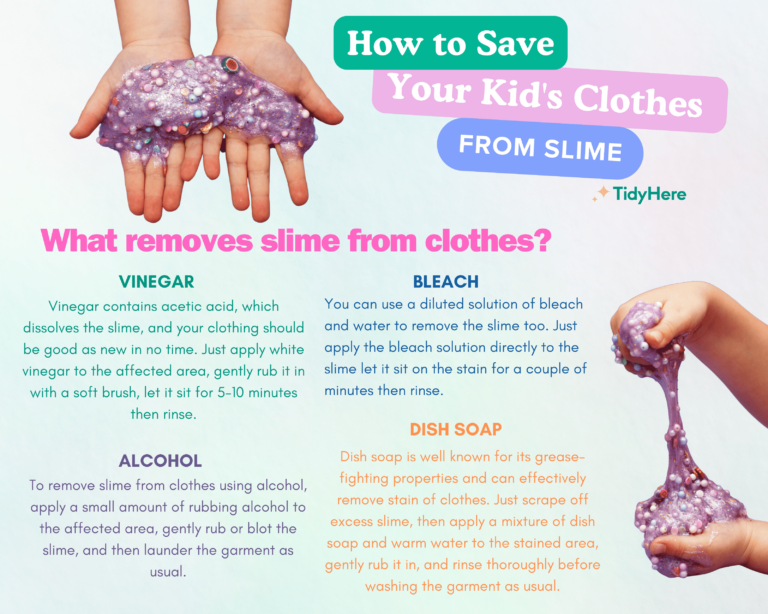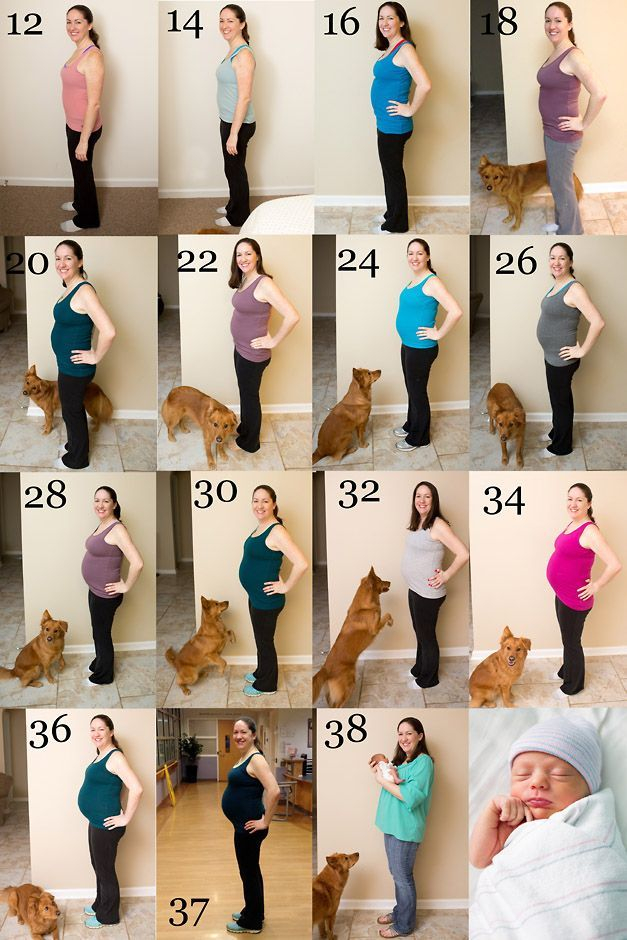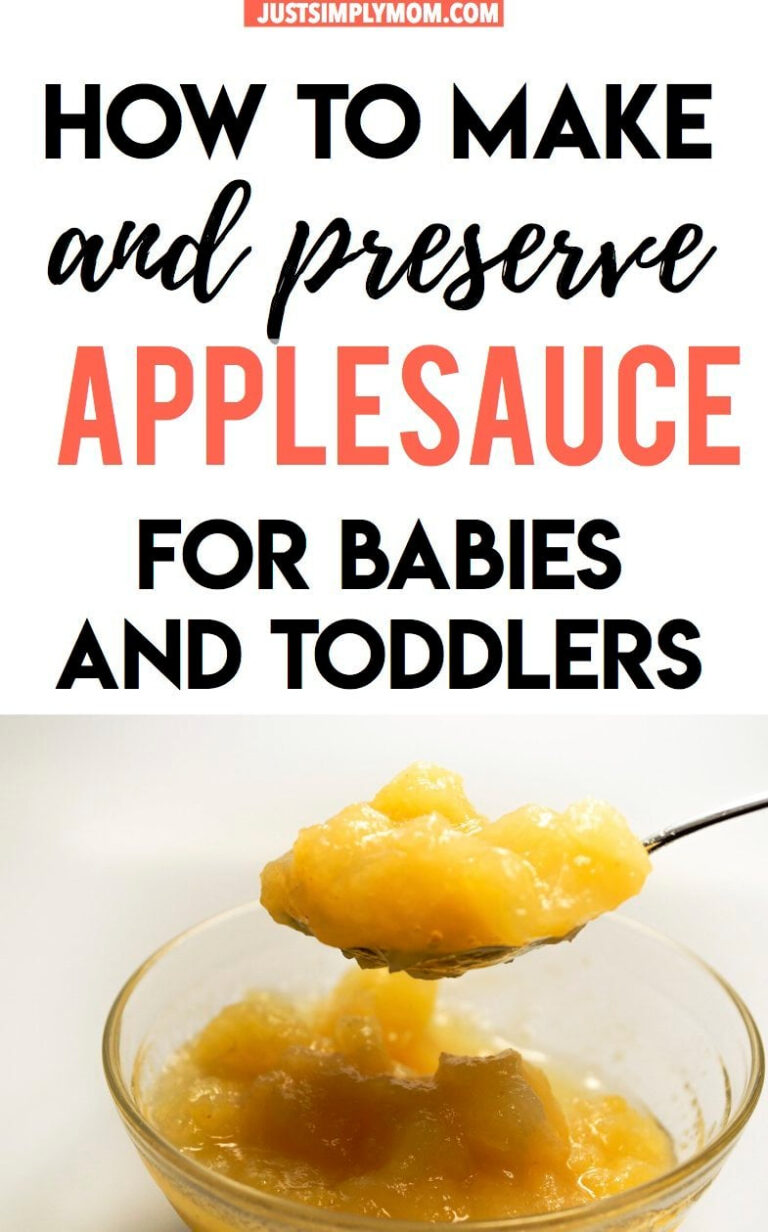Can You Take Prenatal Vitamins Without Being Pregnant?
Prenatal vitamins are essential supplements for pregnant women, providing a wide range of nutrients that support the healthy development of the fetus. But what about women who are not pregnant? Can they also benefit from taking prenatal vitamins?
In this article, we will explore the potential effects of taking prenatal vitamins without being pregnant, discussing the essential nutrients they contain, their recommended daily intake, and the possible health considerations for non-pregnant individuals. We will also provide guidance on responsible use and credible sources of information to help you make informed decisions about prenatal vitamin use.
Understanding Prenatal Vitamins
Prenatal vitamins are dietary supplements specifically designed to support the nutritional needs of women who are pregnant or planning to become pregnant. These vitamins provide essential nutrients that are crucial for the healthy development of the fetus and the well-being of the mother.
Prenatal vitamins typically contain a combination of vitamins, minerals, and other nutrients, including:
- Folic acid: Essential for preventing neural tube defects in the baby.
- Iron: Important for red blood cell production and preventing anemia.
- Calcium: Vital for bone development in the baby and maintaining bone health in the mother.
- Vitamin D: Crucial for calcium absorption and bone health.
- Iodine: Necessary for thyroid hormone production, which supports the baby’s brain development.
The recommended daily intake of prenatal vitamins varies depending on individual needs and should be determined in consultation with a healthcare professional. However, it is generally recommended that women who are pregnant or planning to become pregnant take a prenatal vitamin that provides at least 400 micrograms of folic acid, 27 milligrams of iron, and 1,000 milligrams of calcium daily.
Effects of Prenatal Vitamins on Non-Pregnant Individuals

Prenatal vitamins are specifically formulated for pregnant women and contain high levels of nutrients such as iron, folic acid, and calcium. These nutrients are essential for the healthy development of the fetus. However, taking prenatal vitamins without being pregnant can have certain effects on the body.
It’s generally not recommended for non-pregnant individuals to take prenatal vitamins, as they may not need the high levels of certain nutrients. Excessive intake of some nutrients can lead to potential health issues. For instance, excessive iron intake can cause nausea, constipation, and even organ damage. Additionally, prenatal vitamins may interact with other medications or supplements, altering their effectiveness or causing adverse reactions. It’s always advisable to consult a healthcare professional before taking prenatal vitamins if you’re not pregnant.
Health Considerations for Non-Pregnant Individuals
Before taking prenatal vitamins without being pregnant, it’s vital to consult a healthcare professional. They can assess your individual health needs and determine if prenatal vitamins are appropriate for you. Certain health conditions may be affected by prenatal vitamins, such as iron overload in individuals with hemochromatosis or vitamin A toxicity in those with liver disease.
Alternative Sources of Essential Nutrients
For non-pregnant individuals, alternative sources of essential nutrients include:
– Iron: Red meat, beans, lentils
– Folic acid: Leafy green vegetables, fortified cereals
– Calcium: Dairy products, leafy green vegetables
– Vitamin D: Fatty fish, fortified milk
– Omega-3 fatty acids: Fatty fish, flaxseed oil
Responsible Use of Prenatal Vitamins
Using prenatal vitamins when you’re not expecting can be a bit like playing with fire—it’s important to handle them with care. Too much of a good thing can turn into a not-so-good thing, so it’s crucial to use these vitamins responsibly.
Overdoing it on prenatal vitamins can lead to a whole host of potential probs, like:
- Nausea and vomiting
- Constipation
- Headaches
- Muscle cramps
- Even more serious health issues
To avoid these unwanted side effects, it’s best to follow the recommended daily dosage and chat with your healthcare pro before popping any prenatal vitamins.
Recommendations for Safe and Effective Use
If you’re thinking about taking prenatal vitamins, here are some tips to help you do it safely and effectively:
- Talk to your doctor or pharmacist first. They can help you decide if prenatal vitamins are right for you and recommend the best dosage.
- Follow the recommended daily dosage. Don’t take more than the recommended amount, as this can increase your risk of side effects.
- Take prenatal vitamins with food. This can help reduce nausea and vomiting.
- Store prenatal vitamins in a cool, dry place. Heat and moisture can damage the vitamins.
- Don’t take prenatal vitamins if you’re pregnant. Prenatal vitamins are designed for women who are trying to conceive or who are pregnant. Taking them while pregnant can increase your risk of birth defects.
Educational Resources
It’s important to stay in the know about prenatal vitamins, especially if you’re not pregnant. These vitamins are designed for pregnant women, so taking them when you’re not can have different effects on your body. To make sure you’re getting the right info, check out these credible sources:
Reputable Websites
- NHS: Prenatal vitamins
- WebMD: Prenatal Vitamins: What You Need to Know
- Mayo Clinic: Prenatal vitamins: What you need to know
Importance of Staying Informed
Staying up-to-date on prenatal vitamin use is crucial because it helps you make informed decisions about your health. By understanding the potential effects of these vitamins on non-pregnant individuals, you can avoid any unnecessary risks or complications.
Helpful Answers
Can prenatal vitamins help with fertility?
Some studies suggest that prenatal vitamins may improve fertility by providing essential nutrients that support egg quality and hormone balance. However, more research is needed to establish a definitive link.
Can prenatal vitamins cause weight gain?
Prenatal vitamins typically contain higher levels of certain nutrients, such as iron and folic acid, which can contribute to weight gain. However, weight gain is also influenced by factors such as diet and exercise.
Can prenatal vitamins interact with other medications?
Yes, prenatal vitamins may interact with certain medications, such as blood thinners and antibiotics. It is important to inform your doctor about all medications you are taking before starting prenatal vitamins.





